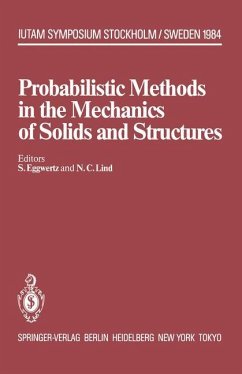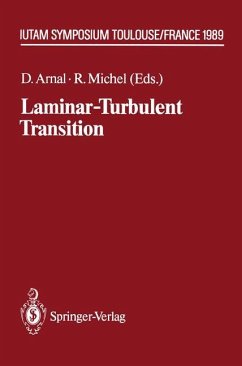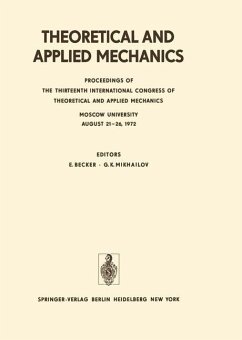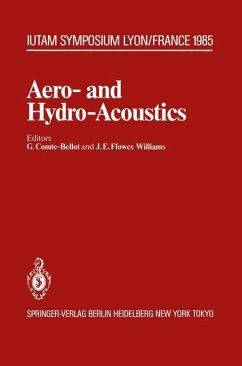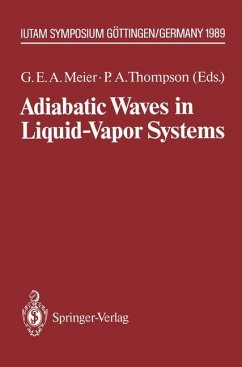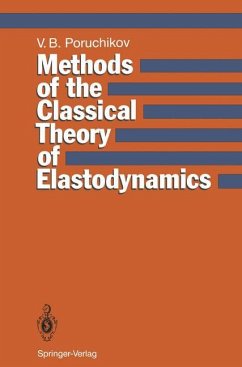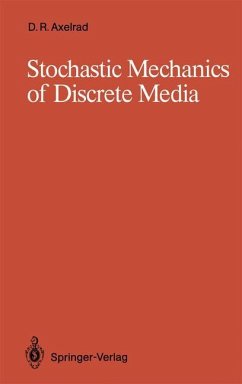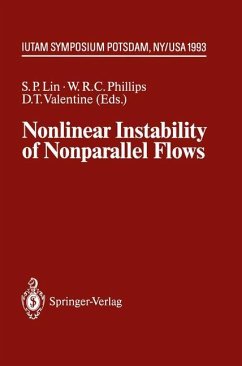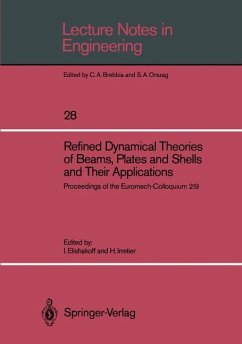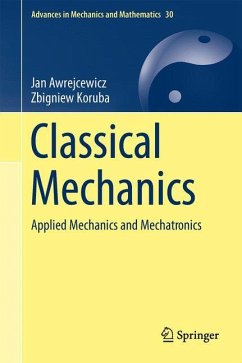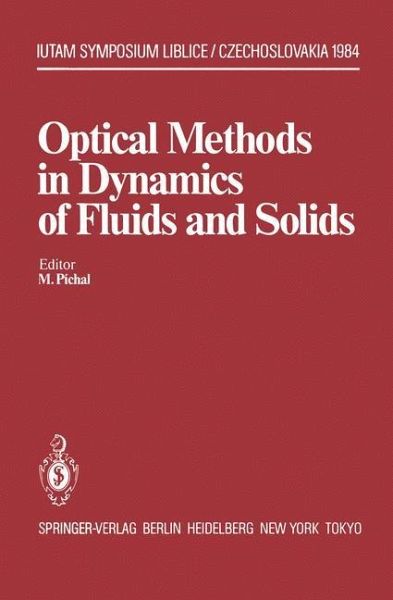
Optical Methods in Dynamics of Fluids and Solids
Proceedings of an International Symposium, held at the Institute of Thermomechanics Czechoslovak Academy of Sciences Liblice Castle, September 17-21, 1984
Herausgegeben von Pichal, M.
Versandkostenfrei!
Versandfertig in 1-2 Wochen
77,99 €
inkl. MwSt.

PAYBACK Punkte
39 °P sammeln!
The General Assembly of the International Union of Theoreti cal and Applied Mechanics decided in Cambridge, United King dom, in 1982 to arrange the Symposium on Optical Methods in the Dynamics of Fluids and Solids. This decision was stimu lated by the fact that optical diagnostic methods are a more and more important tool in experimental mechanics. In contrast to the foregoing Symposium in Poitiers. 1976, which was devoted exclusively to optical methods in the me chanics of solids, it was a fruitful idea to bring together during the present Symposium scientists engaged in optical methods in th...
The General Assembly of the International Union of Theoreti cal and Applied Mechanics decided in Cambridge, United King dom, in 1982 to arrange the Symposium on Optical Methods in the Dynamics of Fluids and Solids. This decision was stimu lated by the fact that optical diagnostic methods are a more and more important tool in experimental mechanics. In contrast to the foregoing Symposium in Poitiers. 1976, which was devoted exclusively to optical methods in the me chanics of solids, it was a fruitful idea to bring together during the present Symposium scientists engaged in optical methods in the dynamics of all phases. It was proposed by the International Scientific Committee of the Symposium that contributions in experimental fluid dynamics should deal with transition from laminar to turbu lent flow, compressible fluid flow including high temperatu re flow, non-equilibrium phenomena in fluid dynamics and the interaction of fluid flow with solid boundaries and bodies. As regard. the mechanics of solids, the contributions should deal with the application of optical methods in the wave propagation in shock loaded bodies, in phenomena connected with the fracture mechanism, in nonstationary Vibrations of elements and parts of systems and in nonstationary strains in structures. The International Scientific Committee preferred to avoid invited lectures and in cooperation with the National Com mittees of IUTAM called for contribution from individual countries.





